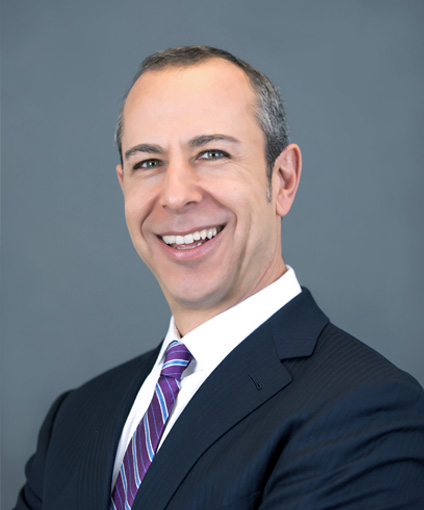In St. John v. Adesa, Inc., 22-CV-1257 (E.D.N.Y. Sept. 21, 2023), the court dismissed plaintiff’s nascent class action under the Local Controversy Exception to CAFA jurisdiction, after joining defendant’s local subsidiary as a defendant.
Plaintiff, a New York tow truck driver, worked for Indiana-based ADESA Inc., a nationwide car auction company with locations in New York State. Plaintiff sued ADESA on behalf of himself and all similarly-situated ADESA employees for pay practices that plaintiff alleged violated the New York Labor Law.
ADESA managed its New York operations through a wholly-owned subsidiary, ADESA NY, LLC (“ADESA NY”). Plaintiff and all members of the proposed class were employed by ADESA NY. During the relevant period, ADESA sold ADESA NY to a third party.
Although Plaintiff’s case asserted only state-law causes of action, Plaintiff sued ADESA in federal court under the Class Action Fairness Act of 2005 (“CAFA”), which provides federal subject-matter jurisdiction for certain large class actions asserting state law claims where the “vast majority” of the class members are citizens of different states than the defendant.
ADESA moved to join ADESA NY as a necessary defendant and, upon joinder, to dismiss the case for lack of jurisdiction under the Local Controversy exception to CAFA jurisdiction. The court granted the motion in its entirety and dismissed the case without prejudice to refiling in state court.
The court joined ADESA NY because it was a necessary party and joinder was feasible. FRCP 19(a). ADESA NY was a necessary party because it had a clear interest in defending its own compensation practices and because plaintiff could not recover from ADESA for alleged violations that occurred after ADESA had sold ADESA NY. Joinder was feasible because it did not destroy the “minimal diversity” required for CAFA jurisdiction.
However, having joined ADESA NY, the court then declined to exercise its jurisdiction under the so-called Local Controversy exception. Under that exception, a federal court must decline to exercise CAFA jurisdiction over a class in which (1) more than two-thirds of the members of the proposed class are citizens of the state in which the action was originally filed, (2) at least one defendant is a defendant (i) from whom “significant relief” is sought, (ii) whose alleged conduct forms a significant basis for asserted claims, and (iii) who is a citizen of the state in which the action was originally filed, (3) principal injuries were incurred in the state in which the action was originally filed, and (4) no related class action had been filed in the previous three years. 29 U.S.C. § 1332(d)(4)(A).
St. John illustrates the complexity and sometimes surprising practical applications of class action jurisdiction. CAFA was conceived as a tool for corporate defendants to remove more class actions to federal court as a means of curbing perceived abuses of the state-court system by class plaintiffs. However, the plaintiffs’ bar quickly embraced CAFA and now often uses it to file class actions in federal court in the first instance. In St. John, things have come full circle, with a corporate defendant leveraging CAFA exceptions to force a class action into state court.
If you have questions about class action jurisdiction, please contact Michael C. Rakower or Travis Mock.
St. John

